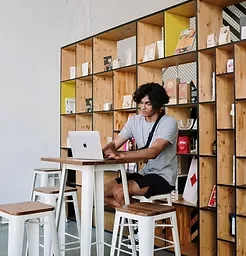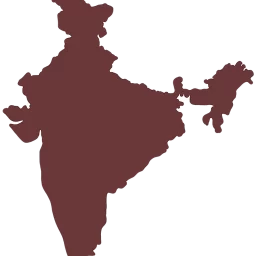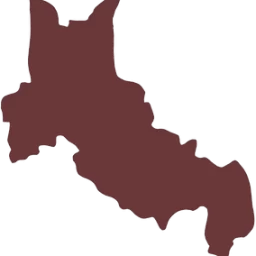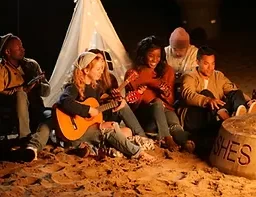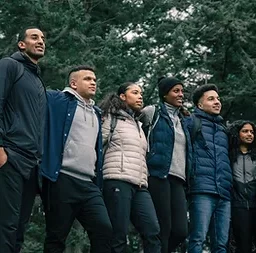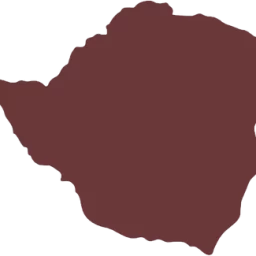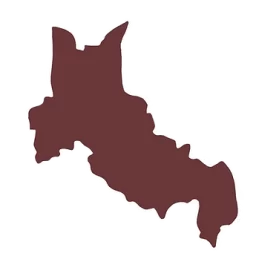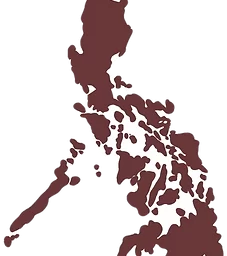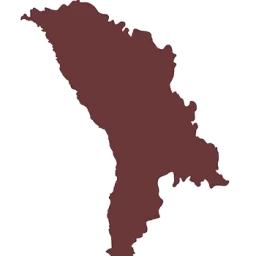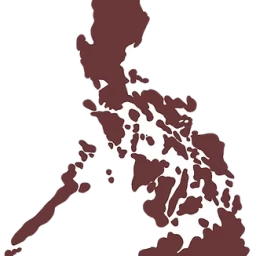
Since I came to Canada so young, adapting from Danish culture to Canadian was very easy. The main cultural shift I remember is from Denmark’s community-based and peaceful approach to daily life; it was a slower pace of life compared to Canada’s fast paced lifestyle with a “go-go-go” mindset.
However, something I struggled with as I grew up was losing my language. I grew up in a diverse household with ancestry from India on both sides of my family; my childhood was a fabric of rich languages such as Gujrati and Swahili. Losing that sense of community was a hard loss, and one I regret to this day.

In terms of my religion, I never faced Islamophobia although ignorance is often rampant. Unkind words and unconscious aversions peppered my adolescence, and follow me even today. The medical field is still mostly white dominant. In an operating room, I am often the only Muslim or woman of color: an all-too common occurrence. That being said, I have not allowed my gender, ethnicity, or religion hold me back; I have achieved most every goal I have set my mind to.
I am a member of the Ismaili community, which is well known in the Canadian medical community; it is tight knit and shares many values and principles, which makes it easier to navigate medical school with people in the field who share the same values as me. While culture was often confusing, religion has always been very clear to me. I feel both very Canadian and very Ismaili. For me, religion provides a great peace; there is something serene and sacred about going to the mosque every Friday with my family, and setting aside a set time for myself.
Growing up in Canada, schools were very focused on diversity and making us feel proud of our heritage. However, as a child I never found comfort in this; Danish culture felt somewhat foreign to me by middle school, and I did not feel as connected to my Indian heritage as I do now. Fitting in Canada was easy, but understanding how my different backgrounds fit together was a challenge. I never really faced any racism growing up or even now, since people assume that I am white therefore I blend in, which is a privilege to have.

Canada has a number of issues with systemic and often unnoticed racism, it is a far more accepting home than Denmark where my father was often a target of hate. Overall, Canada is a lovely home where I know I can make an impact. I remember having to create a presentation on an inventor we found inspiring, and being confused why no one except me had chosen a person of colour. I struggled with this and remember thinking that I was part of a world that was not being taught.
We often learn about the conflict and issues in the Middle East and Asia, but we are never taught about their intelligence. The stereotype of immigrants being “stupid” and “not knowing English” always makes me question why we have to prove ourselves. I grew up with grandparents and friends whose second language was English; not once did I doubt their intelligence despite their occasional stumble over foreign words. I could not help but wonder how others could reduce them to their accent and believe that was all there was to know about them. As a person of mixed race, I aim to speak up for equality and further race-based medical research. I want to continue finding ways to represent my culture and make an impact. In general, we tend to view immigrants as the “other.” We need to shift this narrative to start thinking of immigrants as part of a larger social and cultural fabric.
If I could go back in time, I would tell my younger self to not be so afraid and confused. It is okay to feel like you do not fit in perfectly; be proud of who you are and where you come from. You fit in: Canada is for everyone.
Please note that certain facts have been altered for anonymity.
This story is a collaborative effort between Nandini Agarwal and Akia Elamin.


